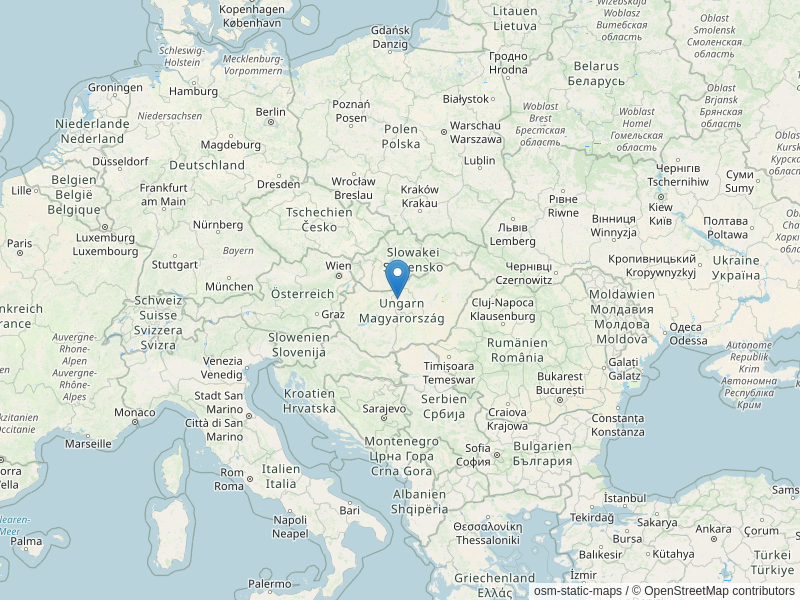German inventions
1. Record player
The invention of the record player in 1887 is associated with Emil Berliner’s name. The engineer has been bringing music to the living rooms for over 100 years. He had simply changed the angle between the needle and the carrier film by 90 degrees, whereupon vertical vibrations from a zigzag furrow made everything sound.
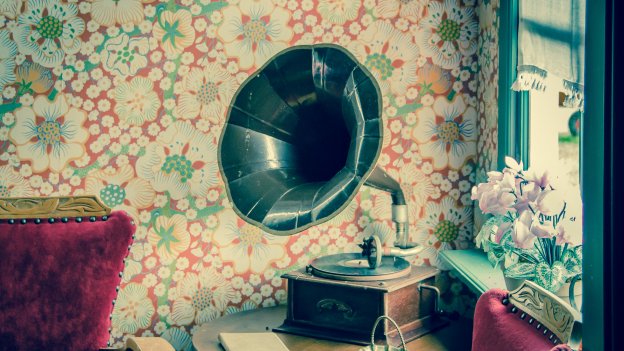
© DAAD
2. Bacteriology
Robert Koch was the one who invented bacteriology in 1867. The country doctor discovered under the microscope that diseases are caused by bacteria and thus founded a new branch of science. His findings meant war against many infectious diseases and the advance of hygiene as the basis of human health. In 1882, the discovery of the tubercle bacillus brought international fame for Koch. Both advanced diagnostics and the global fight and defense against dangerous infectious diseases such as SARS are now unthinkable without bacteriology.
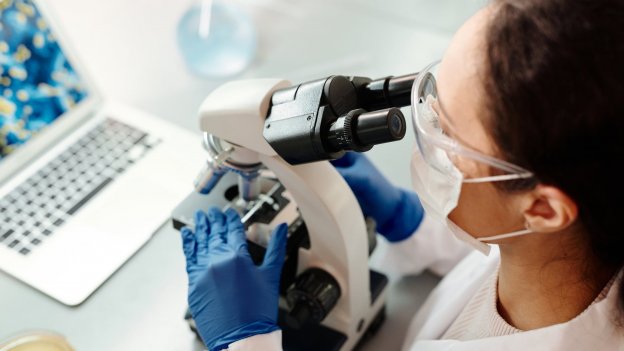
© DAAD
3. “Mensch ärgere dich nicht” board game
In 1905 the board game “Mensch ärgere dich nicht” was invented by Josef Schmidt. With over 70 million copies sold, it has become the most popular game in German-speaking countries to this day.
4. Gummy bear
Hans Riegel invents the “golden” bear. Kaiser Wilhelm II called the sweets made from gelatine, sugar and fruit extracts “the highlight of the Weimar Republic”. The gummy bears were also a bestseller later: The largest European consumer study “European Trusted Brands” selected manufacturer Haribo from 2003 to 2005 as the most trustworthy confectionery brand in Germany. The word Haribo stands for Hans Riegel Bonn, because it was invented by him in this German city. Bonn is particularly important to us, because the center of the DAAD is to be found there.
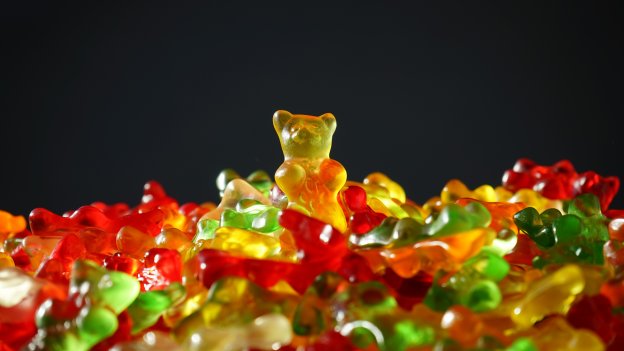
© DAAD
5. “Greenfreeze”
The corporation Foron invented the “green” refrigerator. Until now, the function of the refrigerator was based on chlorofluorocarbons, the chlorine atoms of which destroy the ozone layer and heat the atmosphere. The “Greenfreeze”, on the other hand, is operated with a gas mixture of propane and isobutane, two completely harmless gases. It marks the beginning of the triumph of the environmentally friendly refrigerator.
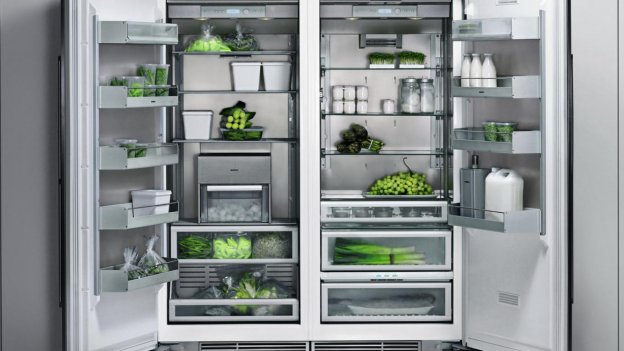
© DAAD
+1 Beer
In 1516 Duke Wilhelm IV of Bavaria invented beer. The intoxicating drink actually existed long before, but it was not infrequently adulterated with pitch, ox bile or snake herb. But now the duke made pure drink: he made a law that stipulated that beer must consist exclusively of barley (and the malt obtained from it), hops and water. The German Purity Law is the first food regulation in the world that is still valid today and became the sole benchmark for the highest beer quality.
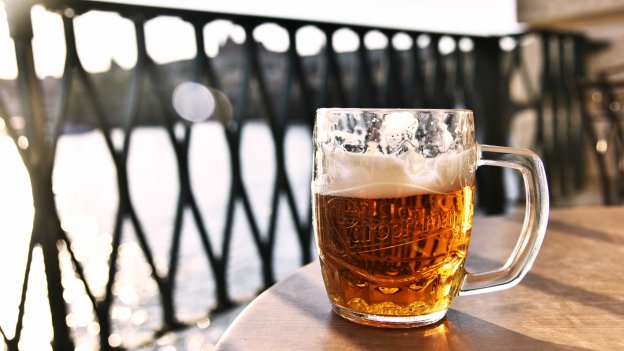
© DAAD














